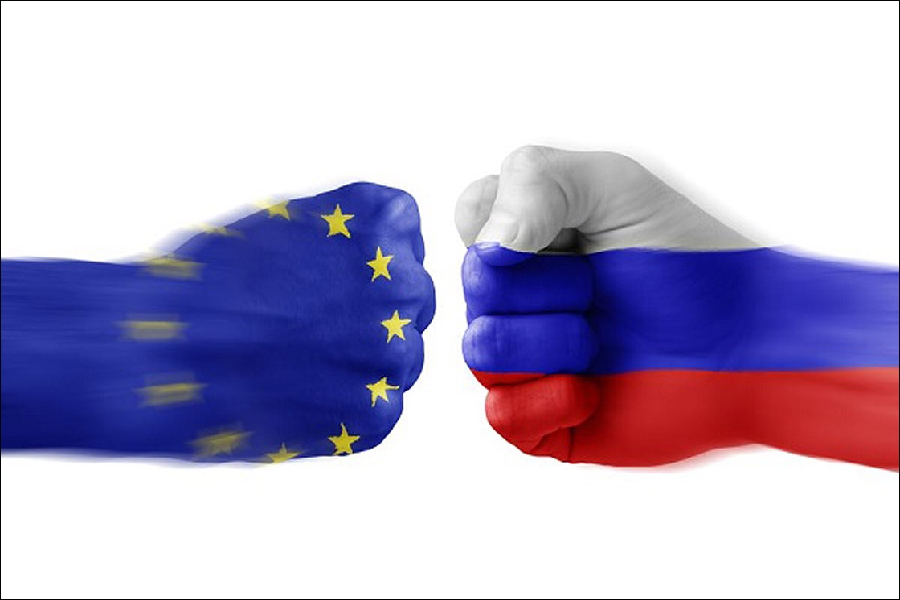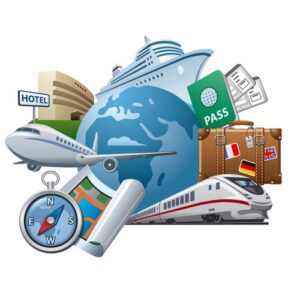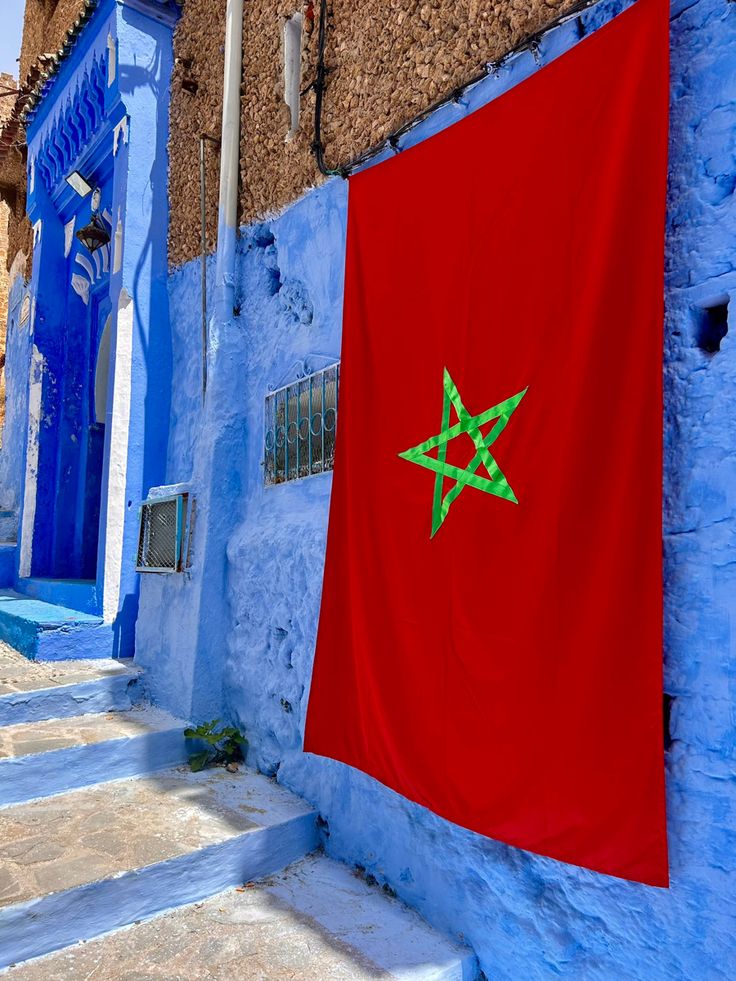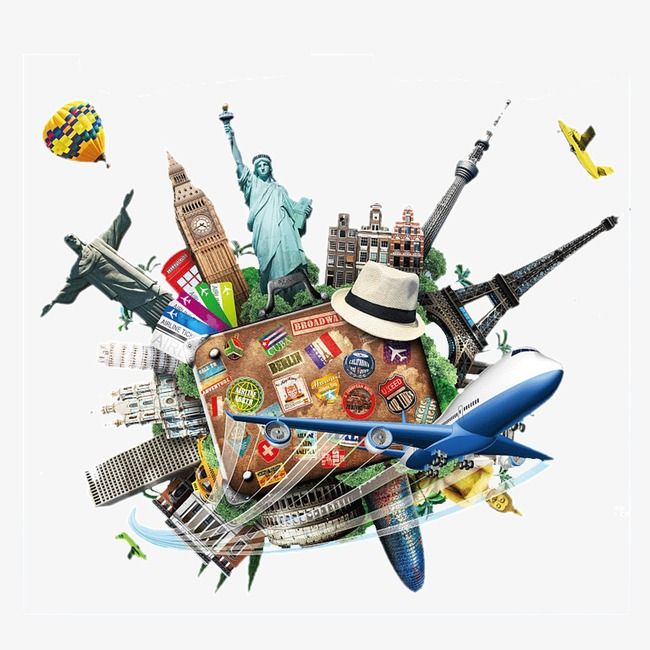This week Russian President Vladimir Putin announced that he had telephone conversations with Angela Merkel and Emmanuel Macron. Putin said that among other things they discussed the possibility of some European countries buying Russia’s Sputnik vaccine.
This news comes after a recent study has shown that the Sputnik vaccine is more effective than Pfizer and Moderna, with the Russian vaccine reaching 91.6% efficacy while the others do not exceed 90% efficacy after the second dose. The delay in the approval of the Russian vaccine by the E.U. is another challenge in these relationships.
According to BBC figures, 70% of the oil that Russia exports is going to Europe. The same goes for gas: 65% of its production goes to European countries – which import half of the energy they consume. In particular, it highlights the increasingly marked dependence on the countries of Eastern Europe and Central Europe on Russian energy. Similarly, Russia also does not want to lose 54% of its export revenue and solve a more complicated problem: going out looking for how to finance 47% of the Russian federal budget represented by these exports, according to reports published by the Russian governments and the European Commission.
Since the Crimean Crisis in 2014 the differences between the two sides have not ceased and the strategic situation has become increasingly uncertain. The most recent destabilizing event is the imprisonment of opposition leader Alexei Navalni, who must serve a two-and-a-half-year sentence, following a legal process initiated in 2014. Added to the difficult picture is the repression by Russian police and the arrest of more than 4,000 people demanding Navalni’s release.
For its part, the Council of Europe threatened to put sanctions on people related to these events. The Russian response came quickly. Russian Foreign Minister Sergei Lavrov said: “We do not want to isolate ourselves from world life, but we must be prepared for it; if you want peace, prepare for war”.
In this way, the European Union is positioned in an uncomfortable area. It must manage a non-minor conflict, starting with a diplomatic relationship that has been worn down over many years and plays a strategic role for all countries on the continent. Moreover, the geopolitical changes currently taking place in the United States, the Middle East and Asia are forcing the European Union to send a clear signal of how it will adjust to these changes.
Either way, friction is a major problem in the current race to get Covid-19 vaccines. The Russians’ Sputnik vaccine could represent a major solution to vaccine shortages in Europe. The problem of diplomatic relations can therefore become more urgent. Europe wants to have a vaccine nearby, which can arrive quickly and en masse.
The European Union is acutely aware of its economic, political and military challenges and complications – to which the health factor can now be added. Like it or not, Europe needs Russia. It is therefore critical that more strategic positions are generated in this regard. It will always be better to have Moscow as a neighbour/partner than as an enemy.






